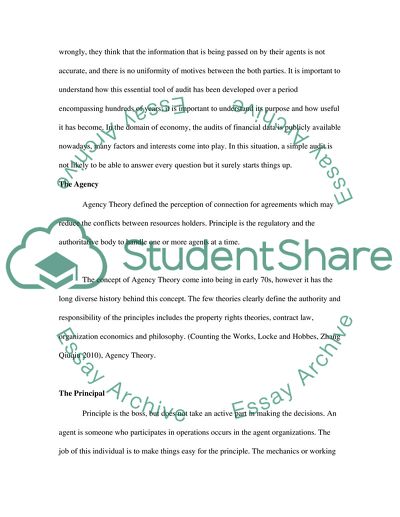Cite this document
(“Love how auditing can ensure a good relationship between principle and Research Paper”, n.d.)
Love how auditing can ensure a good relationship between principle and Research Paper. Retrieved from https://studentshare.org/finance-accounting/1590067-love-how-auditing-can-ensure-a-good-relationship-between-principle-and-agents
Love how auditing can ensure a good relationship between principle and Research Paper. Retrieved from https://studentshare.org/finance-accounting/1590067-love-how-auditing-can-ensure-a-good-relationship-between-principle-and-agents
(Love How Auditing Can Ensure a Good Relationship Between Principle and Research Paper)
Love How Auditing Can Ensure a Good Relationship Between Principle and Research Paper. https://studentshare.org/finance-accounting/1590067-love-how-auditing-can-ensure-a-good-relationship-between-principle-and-agents.
Love How Auditing Can Ensure a Good Relationship Between Principle and Research Paper. https://studentshare.org/finance-accounting/1590067-love-how-auditing-can-ensure-a-good-relationship-between-principle-and-agents.
“Love How Auditing Can Ensure a Good Relationship Between Principle and Research Paper”, n.d. https://studentshare.org/finance-accounting/1590067-love-how-auditing-can-ensure-a-good-relationship-between-principle-and-agents.


